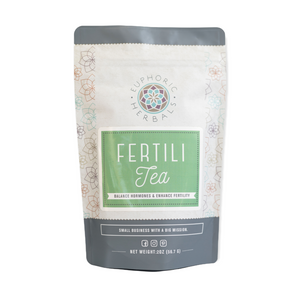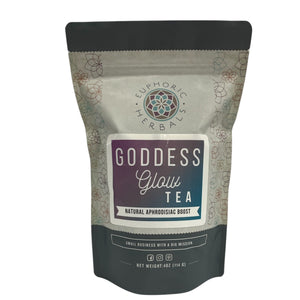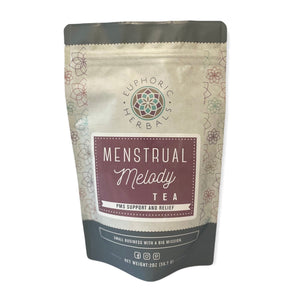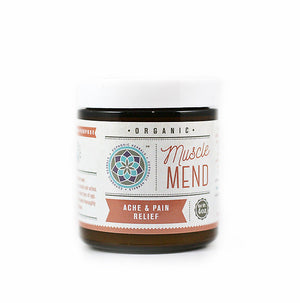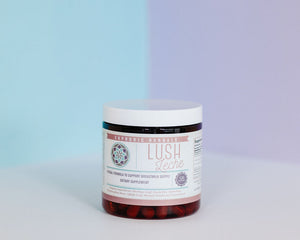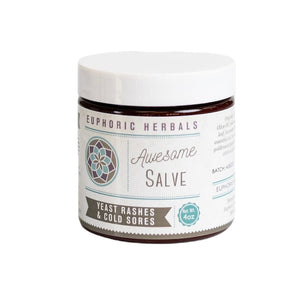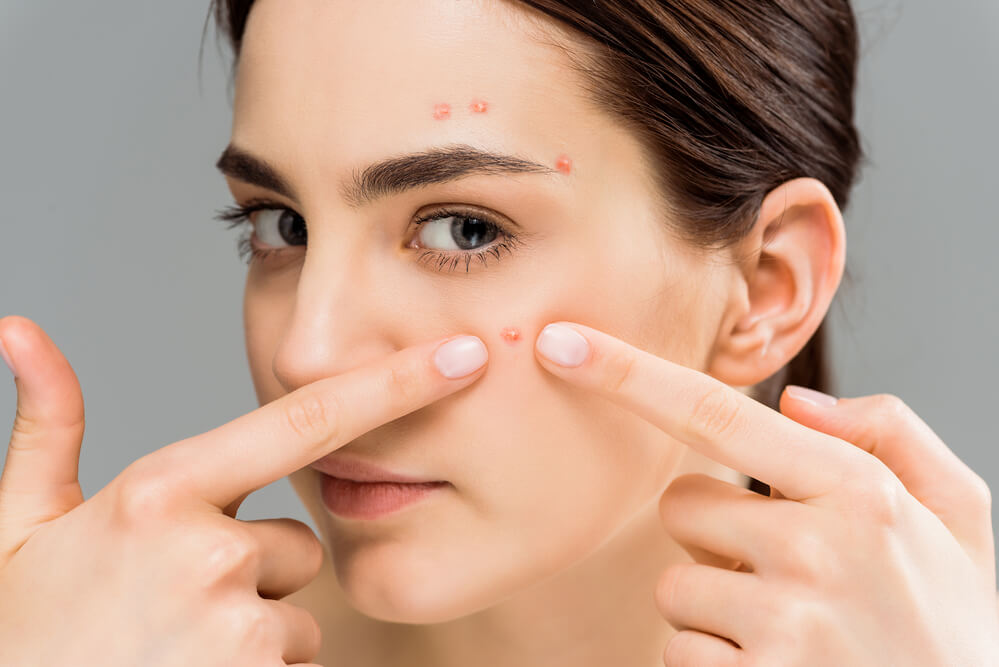While you may be sleep deprived and a bit stressed, you wouldn't trade life with your new baby for anything. Every day is a wonderful discovery, and you can't imagine anything more fulfilling than fostering a deepening bond with your child.
However, you've also noticed that your skin is starting to break out. You may have been hoping that any acne problems that flared up during your pregnancy would be gone for good now that the delivery is behind you.
The reality is that your hormone levels may not return to normal for up to a year after giving birth. You're still experiencing fluctuations, and these are most likely what is causing the acne. Moreover, there's evidence to suggest that breastfeeding may help to prolong the problem.
Does it follow then that breastfeeding causes acne? Not necessarily, as doctors still are not entirely certain what causes acne.
Nonetheless, postpartum acne remains a concern for many moms. How can you safely deal with this issue while breastfeeding?
Keep reading to find some safe and healthy suggestions.
What Is Acne?
Did you have difficulty with acne during adolescence? Perhaps you thought those days were well behind you when puberty finally finished changing your hormones.
Much to your frustration, acne made a reappearance in the first trimester of your pregnancy, and here it is again even after you've given birth. What is going on?
When dead skin cells and oil block hair follicles, acne is the result. Thanks to bacteria multiplying in the blockage, the hair follicles swell into a little bump which is called a pimple. While it is most common to see pimples on the face, they also may make an appearance on the neck, chest, back, and arms.
It is not unusual for women who are prone to acne to experience breakouts while they are pregnant. Such breakouts can continue into the postpartum months as your hormone levels fluctuate.
Postpartum Hormones

During your pregnancy, levels of the hormones estrogen and progesterone were kept sky high to facilitate the business of growing a baby. Once you give birth, estrogen levels drop and progesterone levels plummet. In fact, your progesterone levels may actually hit numbers that are close to those seen in menopausal women.
Having such low levels of these hormones in your body has a negative effect on your emotional state. It can make your hair look dull and lifeless and even interfere with your menstrual cycle. It is this lack of hormones that also may contribute to ongoing acne problems.
Remember that getting your hormone levels back to normal after giving birth can take as long as one year. If you choose to breastfeed, then your hormone levels may not normalize for even longer. Add to this the stress of being a new mom and a noticeable lack of sleep, and you have the perfect formula for fostering acne breakouts.
Does Breastfeeding Actually Cause Acne?
When you are pregnant, your body produces extra androgen and serum. This causes your body to produce excess sebum, and this leads to acne. Increased sebum production doesn't necessarily cease with delivery.
Accordingly, some women who are prone to acne may see breakouts during the months that they are breastfeeding. This does not necessarily mean that breastfeeding itself causes acne, but the continuing hormonal fluctuations that breastfeeding moms experience certainly may be a contributing factor.
What Causes Acne While Breastfeeding?
Doctors have yet to determine exactly what causes acne. Nonetheless, several factors appear to affect the likelihood that a new mom will experience breakouts.
These may include:
- Increased stress
- Lack of sleep
- Dehydration
- Consuming processed, spicy, or fried foods
- Conditions affecting the endocrine system such as polycystic ovary syndrome
- Cushing's syndrome
Thanks to increased sebum production and clogged pores, acne problems can start to feel out of control.
Postpartum Acne: A Perfect Storm
Your life as a new mom is radically changed. It's safe to say that things will never go back to the way that they were before you were a mom, and you probably wouldn't have it any other way.
Still, your new lifestyle isn't all sunshine and roses. You are chronically sleep deprived. Opportunities for self-care are practically non-existent. You've had to give up on the idea of having a predictable schedule for showering or even just washing your face.
So, you're missing out on sleep and you're stressed because of your new responsibilities. Perhaps you're not exercising like you used to and you're not washing your face as much as is recommended. No wonder you're experiencing acne breakouts.
Give yourself a break. Your body has accomplished extraordinary things over the last year, and it is continuing to do so as you breastfeed your baby. All of these things are highly demanding on your body, but the good news is that you do have tools at your disposal for fighting back.
Controlling Acne While Breastfeeding

During your pregnancy, you were really careful about what you put into your body. You worked closely with your doctor to take only medications and treatments that were beneficial for you and safe for your baby.
Now that you've given birth, that same standard of care applies. That's especially true if you're breastfeeding because your baby ingests much of what you put into your body.
In general, it is wise to avoid taking oral medications while you are breastfeeding unless your doctor has given them the stamp of approval. This may mean that you are limited to fighting acne with topical treatments.
Topical treatments can be highly effective in the battle against acne. While they may have powerful ingredients, these are present only in trace amounts in your bloodstream, and they do not make it into your breast milk.
Products containing glycolic acid, benzoyl peroxide, or azelaic acid gently exfoliate away dead skin cells which helps to clear up blemishes.
In conjunction with such topical treatments, it is wise to opt for a reliable skin care regimen that is designed to gently help with acne control. Such products fight inflammation and restore balance to your skin, which may help to reduce acne issues.
It also is possible that you'll need to choose a different moisturizer. If your skin is too dry from topical acne treatments, it will try to ramp up sebum production, which may only worsen the problem. Select a moisturizer with care so that your skin is properly nourished.
Similarly, it may be a good idea for new moms to ensure that any makeup they are using is non-comedogenic and oil-free.
What About Natural Home Remedies?
If you prefer to use natural, organic acne treatments, then try applying these items to acne-prone skin:
- Essential oils such as copaiba oil or basil oil
- Tea tree oil
- Honey, which has antifungal and antibacterial properties
- An oatmeal and cucumber mask
- Witch hazel
Other natural treatment options include a focus on good self-care. Try to drink eight to ten glasses of water each day, use a fragrance-free moisturize,r and focus on getting more sleep. Ask family and friends for help with chores, cleaning, cooking and baby care so that you have more time to take care of yourself.
Try to emphasize a healthy diet with plenty of lean protein and fresh fruits and vegetables. Giving up on fast food and overly processed food also may help to curb acne.
Balance Your Hormones with Euphoric Herbals
Hormonal drops and surges are a natural part of being a new mom. You can help to level out some of those peaks and valleys with many of the all-natural, organic products that are available through Euphoric Herbals.
With your hormones in check, it's possible that you will see fewer acne breakouts, giving you one less thing to worry about as a new mom.






















































